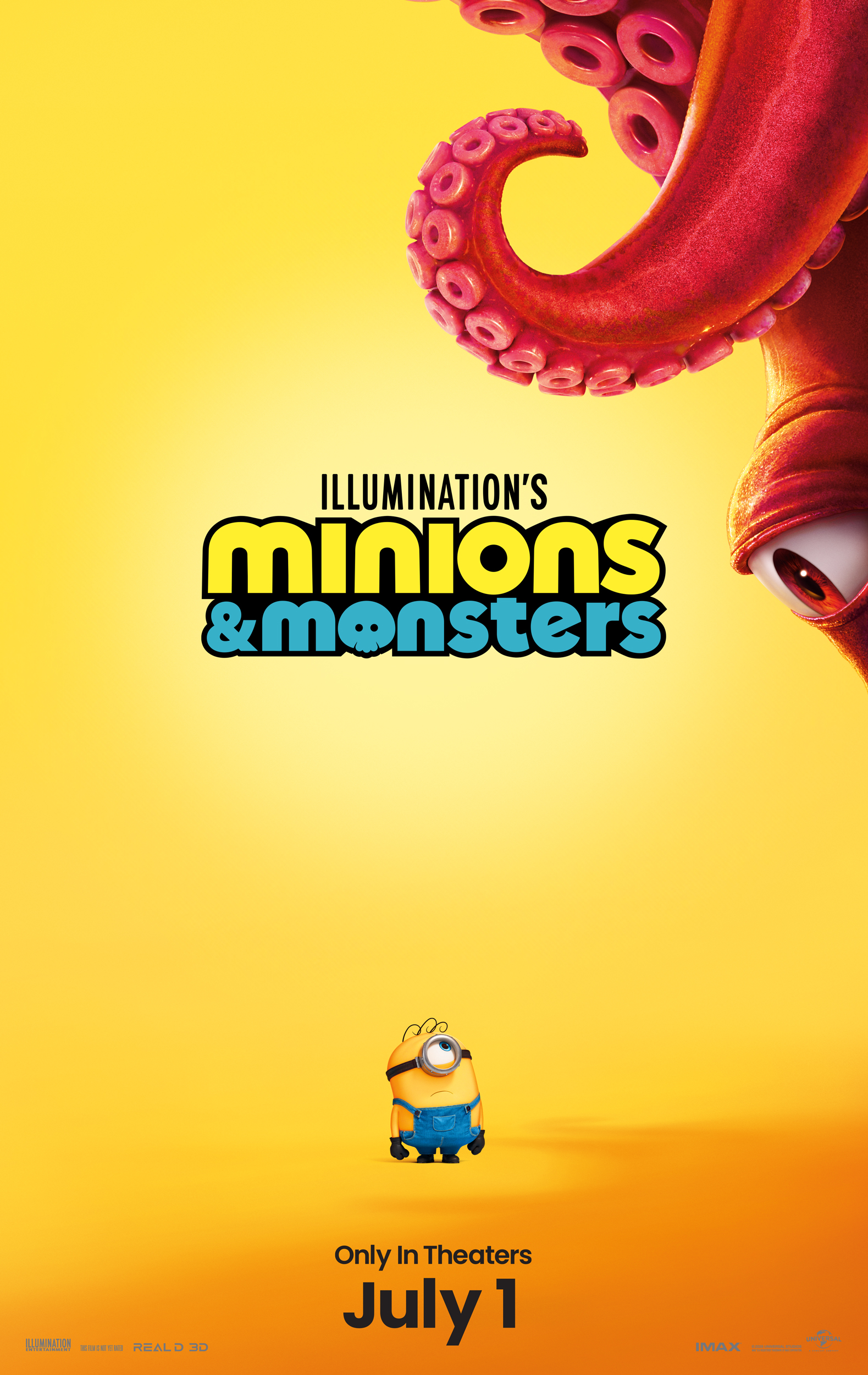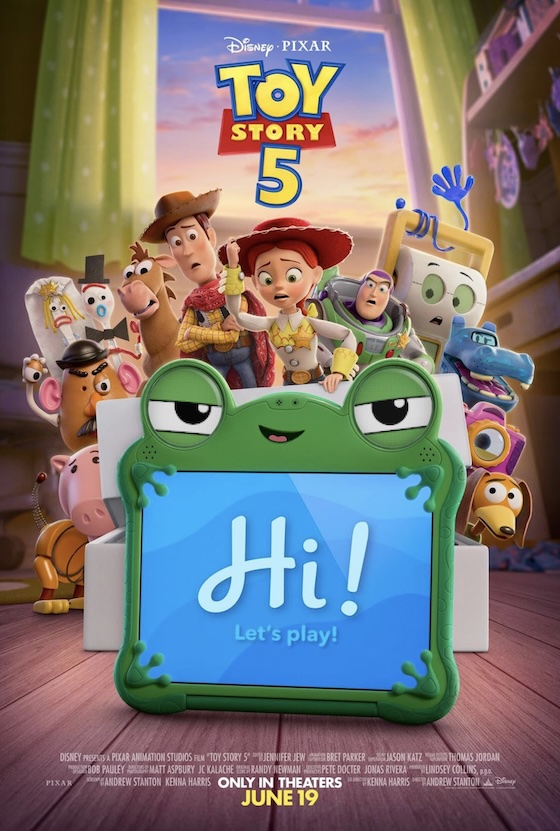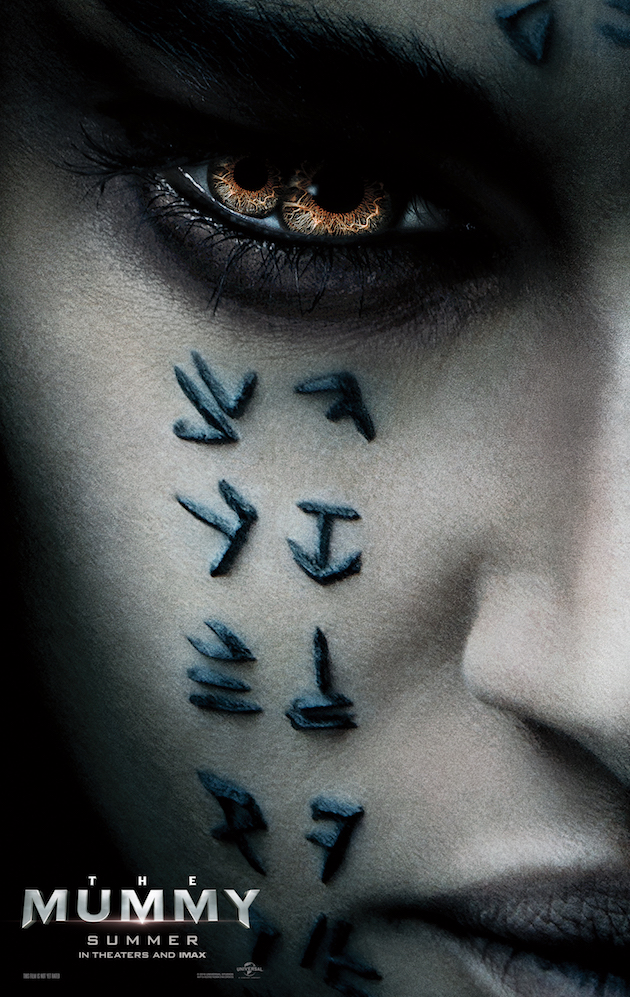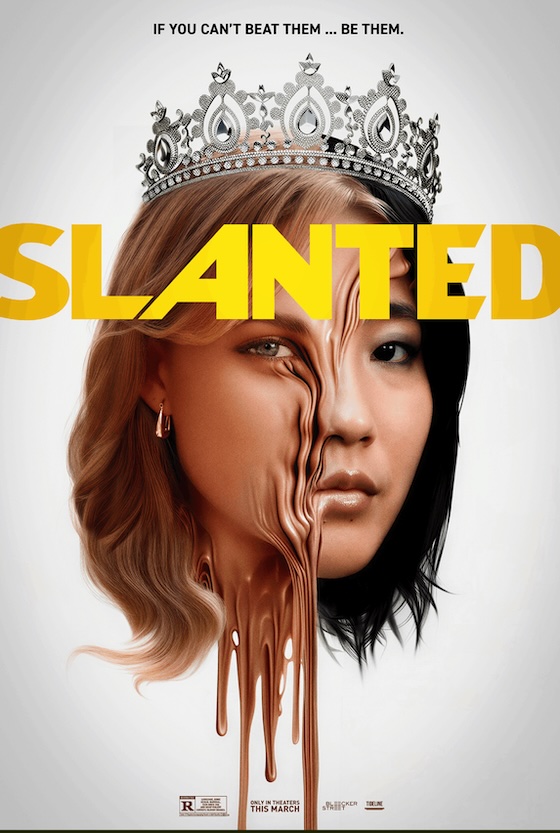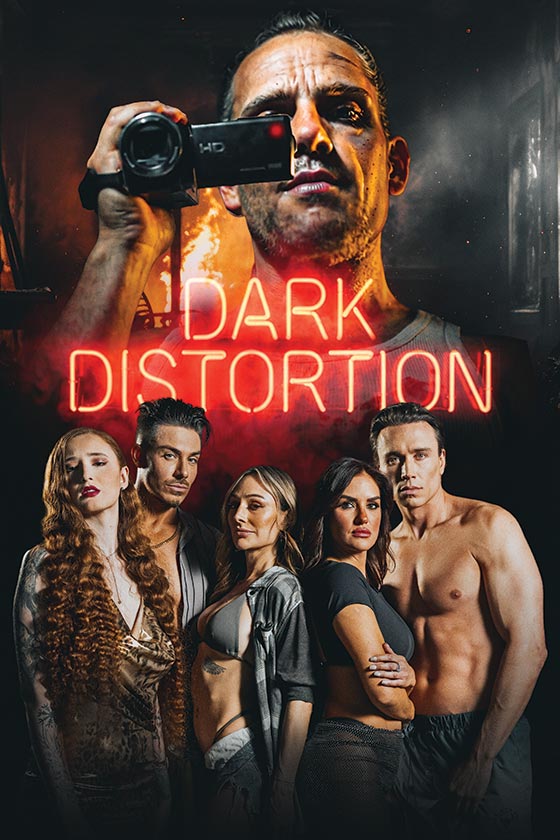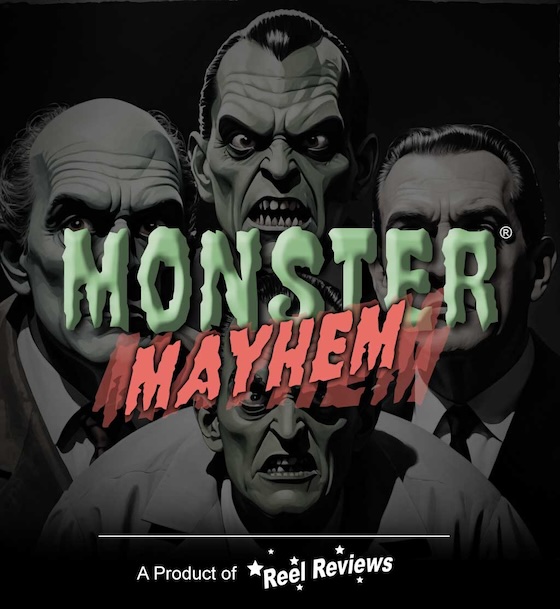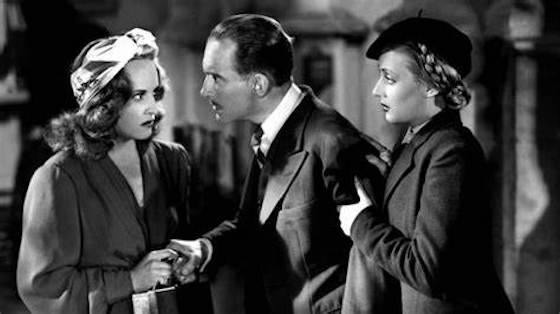
“The ink that made blood flow.”
How this film was able to be made is still a bit of a mystery to me. Made in a Germany-occupied France during World War II and produced by a German production company, Henri-Georges Clouzot’s Le Corbeau was somehow able to disguise its anti-informant agenda as nothing more than an eerie crime thriller. The surface-level story is, indeed, already something to be admired. With a gripping story and heavy, noir atmosphere, Le Corbeau is suspense at its finest. But with the added layer of political commentary in a time when tensions and paranoia were at an all-time high, it makes the film even more dangerous, powerful, and genius.
In what most would consider a typical provincial town in France, something mortifying starts happening. Shortly after doctor Rémy Germain (Pierre Fresnay) arrives into this anonymous small town, he becomes the main target of poison-pen letters signed by someone who calls themselves Le Corbeau (The Raven), accusing him of the most deplorable crimes. They accuse him of not only have an affair with Laura Vorzet (Micheline Francey), wife of psychiatrist Dr. Vorzet (Pierre Larquey), but they also accuse him of performing illegal abortions. The letters are sent to him, but they also get sent to other citizens of the town, especially to those who surround the doctor. The rumors start spreading quickly in this small town, and soon enough, everyone in the town starts turning against each other as they desperately try to conclude who is responsible. They compare hand-writing of people in town to the notes. Germain scrambles around town to clear his name. There are some end up falsely accused. Some end up dead. The scene turns chaotic as The Raven continues to torment the town.
With a slow push of the camera as we enter into the small town, the eerie atmosphere of the film is set from the get-go. You get the feeling that you are being followed, or perhaps we are the follower. Either way, the film lets you know right away that something is not right. The atmosphere is heavy and unsure. And the film never stops hitting you with this uneasiness, both in the story and in the production design and cinematography. With overwhelming shadows and tall sets, the hints of German Expressionism are absolutely stunning and poetic.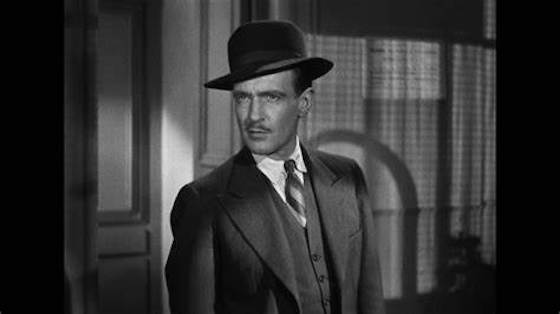
Like I said before, this film is suspense at its finest. Not only does Clouzot masterfully set the tone, but the screenplay, penned by him and co-writer Louis Chavance, really grips the audience with this bubbling feeling of the spreading of collective paranoia. Everyone in the film is unsure and looking over their shoulder, especially Germain. Who can he really trust to help him? It keeps the audience guessing until the final few minutes of the film. And with the reveal, it is not so much a twist as it is the idea that your enemy could be your best friend, your partner, or anyone you trust. This is not only strong for the film’s story, but this is when the film really comes full circle in making its over-arching anti-informant statement, even if it is hidden in the subtext.
I am still baffled as to how Clouzot somehow made this film during the German occupation, and I am, frankly, even more surprised that a film with such an accurate and strong political statement was able to survive those years, but it is fantastic that it did. And thanks to the Criterion Collection, you can feel the paranoia and suspense at home with their new 4K restoration.

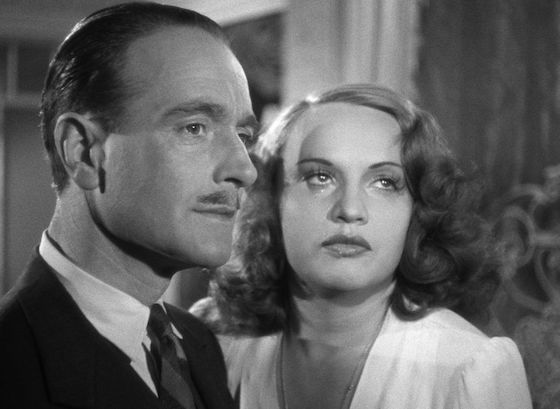

Home Video Distributor: Criterion
Available on Blu-ray - September 20, 2022
Screen Formats: 1.37:1
Subtitles: English
Audio: French: LPCM Mono
Discs: Blu-ray Disc; single disc
Region Encoding: Locked to Region A
A mysterious writer of poison-pen letters, known only as Le Corbeau (the Raven), plagues a French provincial town, exposing the collective suspicion and rancor seething beneath the community’s calm surface. Made during the Nazi occupation of France, Henri-Georges Clouzot’s Le Corbeau was attacked by the right-wing Vichy regime, the left-wing Resistance press, and the Catholic Church, and was banned after the liberation. But some—including Jean Cocteau and Jean-Paul Sartre—recognized the powerful subtext of Clouzot’s anti-informant, anti-Gestapo fable, and worked to rehabilitate his directorial reputation after the war. Le Corbeau brilliantly captures the paranoid pettiness and self-loathing that turn an occupied French town into a twentieth-century Salem.
Video
Presented in its original aspect ratio of 1.37:1, the new 4K restoration taken from the original 35 mm camera negative is fairly good. There were some scenes with a slight shimmering as if it were not totally stabilized, but there was nothing too distracting. The grain and grey scale very good, and there were some very tiny specs of dirt, but again, nothing too distracting. Overall, a great restoration.
Audio
The new uncompressed monoaural soundtrack is clean, clear and free of any noticeable problems. Overall, very good.
Supplements:
For those wanting to dive deeper into the suspense, the few special features included are educational and insightful.
Commentary:
- None
Special Features:
- Interview with filmmaker Bertrand Tavernier
- Excerpts from The Story of French Cinema by Those Who Made It: Grand Illusions 1939–1942, a 1975 documentary featuring director Henri-Georges Clouzot
- Trailer
- PLUS: An essay by film scholar Alan Williams
| Movie | ||
| Video |  |
|
| Audio | ||
| Extras |  |
|
|
Composite Blu-ray Grade
|
||
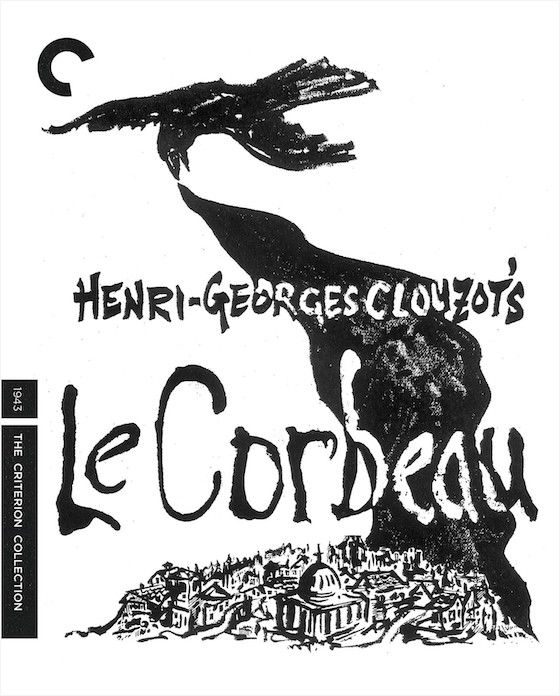
MPAA Rating: Unrated.
Runtime: 92 mins
Director: Henri-Georges Clouzot
Writer: Henri-Georges Clouzot
Cast: Pierre Fresnay; Ginette Leclerc; Micheline Francey
Genre: Drama | Crime | Thriller
Tagline: One of the Most Discussed Films in the History of French Cinema!
Memorable Movie Quote: "Breathe normally."
Theatrical Distributor:
Official Site: https://www.criterion.com/films/684-le-corbeau
Release Date: February 23, 1948
DVD/Blu-ray Release Date: September 20, 2022.
Synopsis: A mysterious writer of poison-pen letters, known only as Le Corbeau (the Raven), plagues a French provincial town, exposing the collective suspicion and rancor seething beneath the community’s calm surface.





